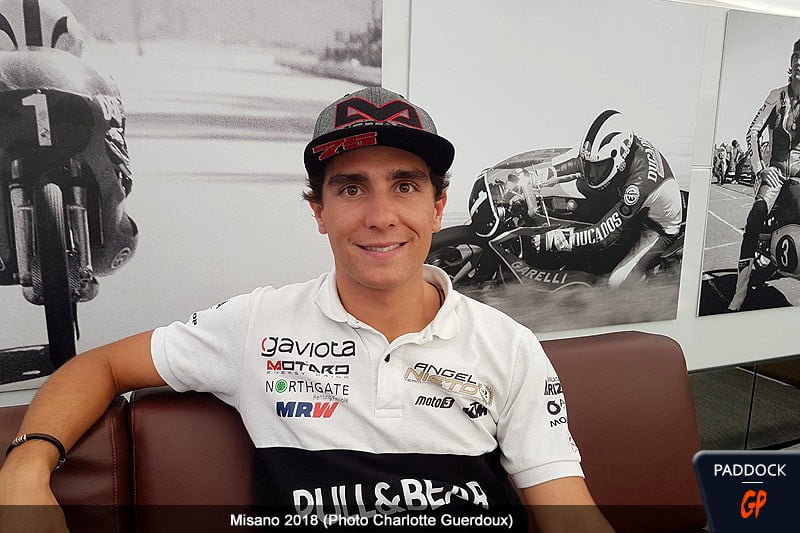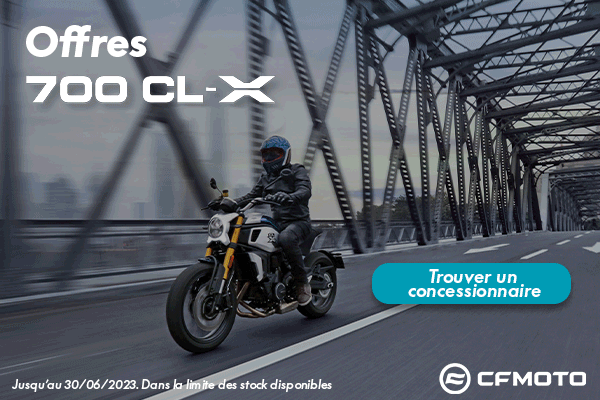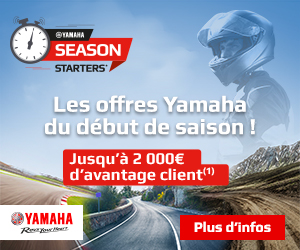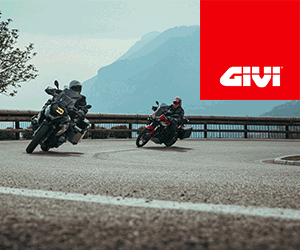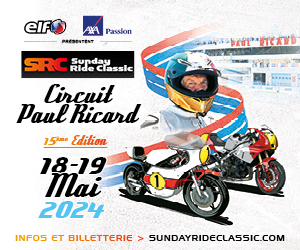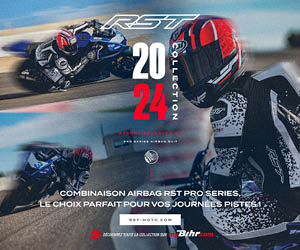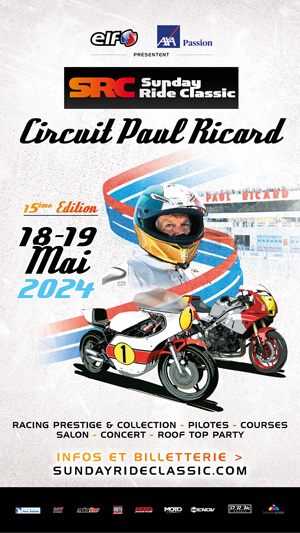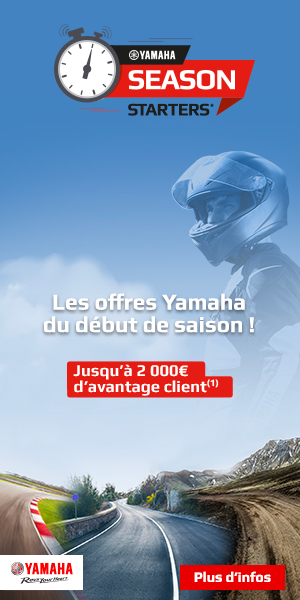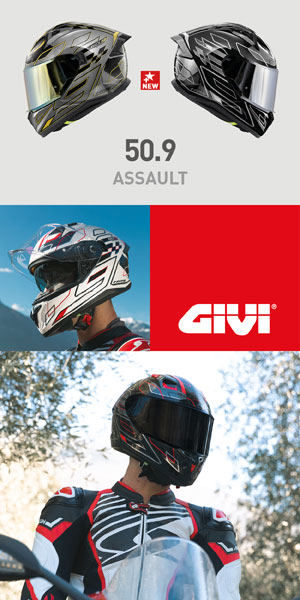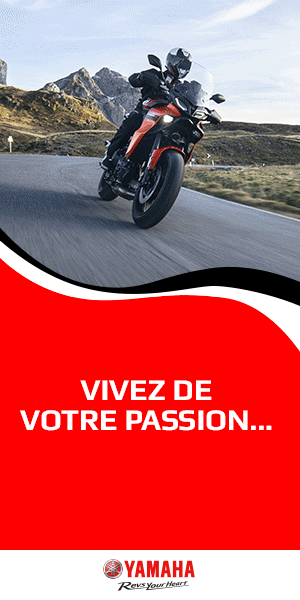Many Moto2 and Moto3 riders have only had one or two seasons in their category, or even started completely this year. Some progress very quickly and see their name appear more and more often at the top of the rankings. Others take their first steps and discover the World Championship. Although they are discreet, these young drivers work hard and at Paddock-GP, we noticed them.
We therefore went to meet them to learn more about them, their journey and their objectives in order to present them to you.
For this fifth episode, we met the Spaniard Albert Arenas who currently plays for the Ángel Nieto team alongside Andrea Migno.
Albert, can you introduce yourself?
My name is Albert Arenas, I race in the Moto3 World Championship with the Ángel Nieto team. I was born on December 11, 1996 in Girona into a family of motorcycle enthusiasts since both my father and my mother loved it. It was also thanks to motorbikes that they met. My father raced in a car but not on a motorbike because he wasn't able to do it and I took over. Even when I was little, I went with my parents to see the races in Montmeló and Valencia. I was also present at the circuits when my father raced cars. I grew up in this atmosphere.
I started with motocross before moving on to speed. I also did Supermoto and when it was time to quickly become professional, Barcelona proved to be the city to be in, so I left to live there at the age of 17 but I regularly return to Girona despite everything.
At what age did you start riding?
I got on a Pocket Bike in the winter of 2000, so I was just four years old, and I competed in my first motocross race at six.
What championships did you participate in before arriving at the World Cup?
I first started with motocross and Super motard where I won championships. I then moved up to speed and won my first 80cc Championship in 2008. I then joined the 125cc Junior Championships of Spain and also of Catalonia which I won in 2010. Finally, I continued in CEV Moto3 then I arrived in the World Cup.
You arrived in the Moto3 World Championship as a wild card during the last race of 2014 in Valencia, and we had to wait until Jerez, in 2016, to see you again. How did all this happen?
Until the CEV, everything had been easy and had happened quickly. From there, I encountered more difficulties, both on the track and in terms of managing my career, which slowed down my progress. I got on my first podium in CEV in my first year but that wasn't enough. I had an opportunity to make a wild card in the World Cup but I was not of the required age. So I continued in CEV where I won my first race. I also changed teams, but without succeeding in progressing to the World Cup. And then through hard work, I achieved it, but later than the others, at 19 years old. I don't regret it because it's never too late to achieve your goals. I can also enjoy all these moments with more maturity. You always have to see the positive.
After being titled Vice-World Champion FIM CEV Junior in 2015, you really made your entry into the World Cup in 2016, first within the Aspar Mahindra team (as a wild card then as a replacement for Jorge Martín , injured), before spending the entire season starting in Aragon to replace Alexis Masbou at Peugeot MC Saxoprint. You were able to complete your first full season in 2017 with Aspar Mahindra, but you suffered serious injuries which caused you to miss many Grands Prix. This year, with the Ángel Nieto team, is your first real season…
Yes, and the first with a competitive bike. Moreover, this is visible in my results. When I arrived in 2016, I really started to see what the World Cup was when I replaced Masbou: traveling, discovering new circuits... Then I had the chance to do a full season with Mahindra but that was complicated. I arrived extremely motivated and determined, and I think that was detrimental to me because when you are at one hundred percent but everything is not completely on point, it's hard. In the end, I was seriously injured and missed six races, but I learned a lot of things that I can now apply. This year, I am in a very good team, and apart from Qatar which is to be forgotten (he broke his collarbone in the Warm Up, editor's note), I have progressed a lot. I manage things better and it shows, especially with my first victory.
What are your goals for this year and for 2019?
We started the season aiming for the top 10, but following my injury we had to start from scratch: aim for the top 15 and score points. Then we entered the top 10 more often until that first victory at Le Mans and since then we have been constantly fighting for the top 5. So the goal is to solidify all that until the end of the season so we can be strong next year. By that I mean that once we learn to manage our speed in qualifying and in the race, we can aim higher. Giving your all to finish third is good, but it's even better to know how to manage your potential in the race and to say to yourself "here I guarantee a fifth place or, on the contrary, I'm very good, I'm going to aim victory. »I would like to finish 2018 in the top 6 in the Championship but we are a little far away. Already if we finish in the top 10 it will mark a big progression. From there we can see how to plan for next year.
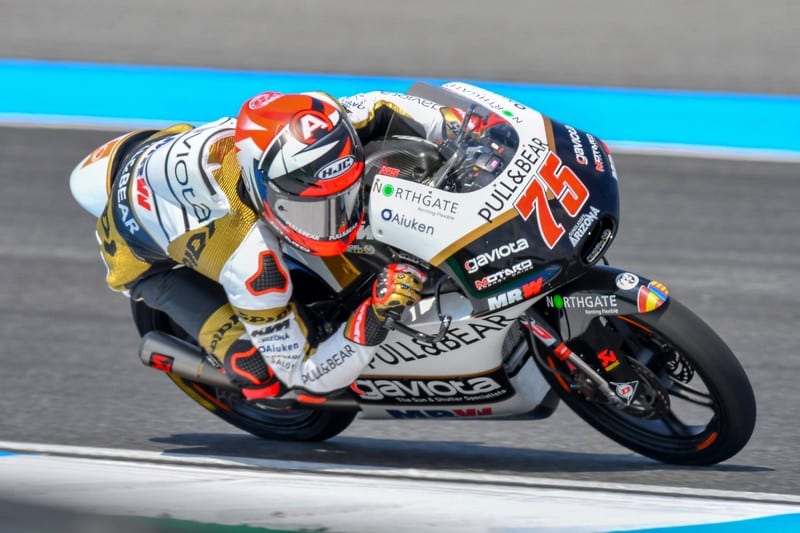
Check out previous episodes:
Part 1: Andrea Locatelli / Episode 2: Dennis Foggia / Episode 3: Iker Lecuona / Episode 4: Alsonso Lopez










